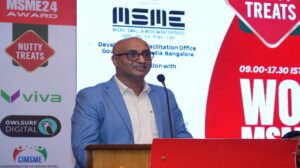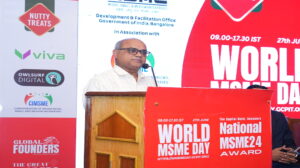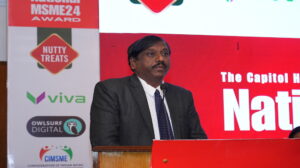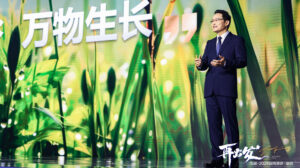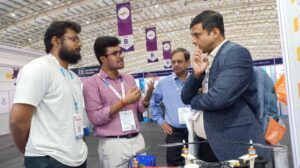Bengaluru Students Create Fake-Drug Detector App; Microsoft Awards Them Rs 10 Lakh!
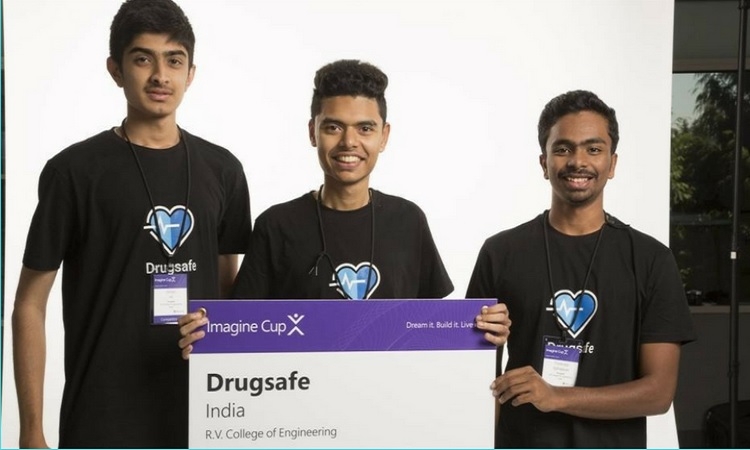
Written by cimsme | Jul 28, 2018|
Students of RV College of Engineering (RVCE) have made India proud by winning the $15,000 Big Data Award at the 2018 Imagine Cup World Championship held at Seattle recently.
Everyone has ideas, but very few take action on that.
Students of RV College of Engineering (RVCE) have made India proud by winning the $15,000 Big Data Award at 2018 Imagine Cup World Championship held at Seattle recently. Thousands of teams from across the globe participated in the contest, which was organised by tech giant Microsoft. Chidroop I, Pratik Mohapatra and Srihari H S — all fifth-semester students of computer engineering — won the special award in Big Data category by developing an innovative app-DrugSafe that can help people detect fake medicines available in the market.
The app attempts to tackle the global problem of counterfeit drugs. With the help of DrugSafe app, even a common man can verify whether the medicine they have brought is authentic or not. “The team encountered the issue of fake medicines when one of their friends showed no signs of recovery after weeks of taking a prescribed medication. Learning that nearly half of all medicines sold in India were fake, they decided to create an app that could authenticate medicines and trace them back to their source,” Microsoft, in a statement, said.
By using Optical Character Recognition, the app makes a preliminary analysis of details in design and packaging of medicine to compare them with the original manufacturers’ trademark and attributes. Though the app makes use of machine learning and artificial intelligence assisted statistical analysis, it has a simple user interface to ensure that anybody could use it.
Shobha G, Computer Science department head at RVCE, told The New Indian Express that the team had to compete with 10,000 teams in India regional round of the contest. “Three teams from India and 45 teams from other countries participated in the last round of the contest,” she said.Principal K N Subramanya said that the app was designed to benefit the common man.
Second time lucky
This was the second time these students were participating in the contest. Last year, though the team had developed an anonymous energy response system they could not qualify for the finals. In 2018, they were one of the three teams representing India.
How Does This App Work?
Using Optical Character Recognition (OCR), the app scans the barcode, packaging and other minute details, and then determines whether the medicine sold is genuine or not.
The students have implemented machine learning, artificial intelligence and blockchain technologies into this app, and have made use of software and tools such as Azure Pipelining, Azure ML Studio, Azure CosmosDB, LUIS and Cortana Intelligence Suite.
And that’s not all.
Once the fake medicine has been detected, the app sends the details to a chatbot called “Querla”, which used Artificial Intelligence to report it to concerned authorities, and trigger action as well.
Besides, the app supports a community as well, wherein anyone can participate and seek help or help others in need.
It has not been launched commercially yet.



